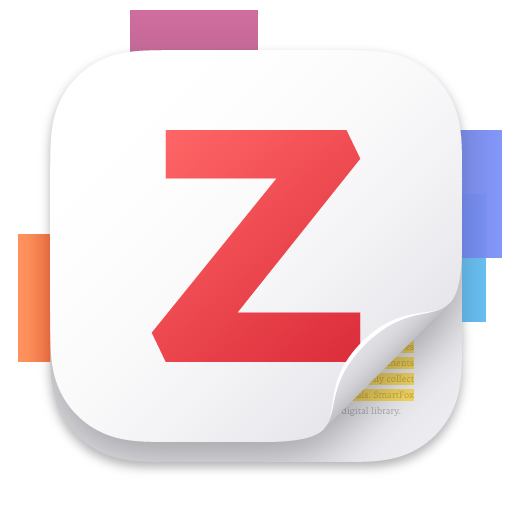Integration of Contemporary Islamic Education Methods and the Role of Technology as a Strategy for Developing Muslim Competence and Personality in the Digital Era
Keywords:
Islamic Education, Contemporary Methods, TechnologyAbstract
The development of digital technology has had a significant impact on the field of education, including Islamic education. This study aims to examine the integration of contemporary Islamic education methods with the use of technology as a strategy to develop the competencies and character of Muslims in the digital era. Using a qualitative-descriptive approach, data were collected through literature studies, observations, and interviews with Islamic education practitioners. The results indicate that the integration of contemporary Islamic education methods such as collaborative learning, project-based learning, and student-centered approaches with digital technologies like e-learning, interactive learning applications, and social media enhances the effectiveness of the teaching and learning process. Furthermore, the appropriate use of technology also strengthens Islamic values in shaping students’ character, particularly in terms of morality, spirituality, and social intelligence. This study recommends reinforcing a technology-based curriculum rooted in Islamic principles and improving teachers’ digital competencies to effectively implement contemporary methods in Islamic education










